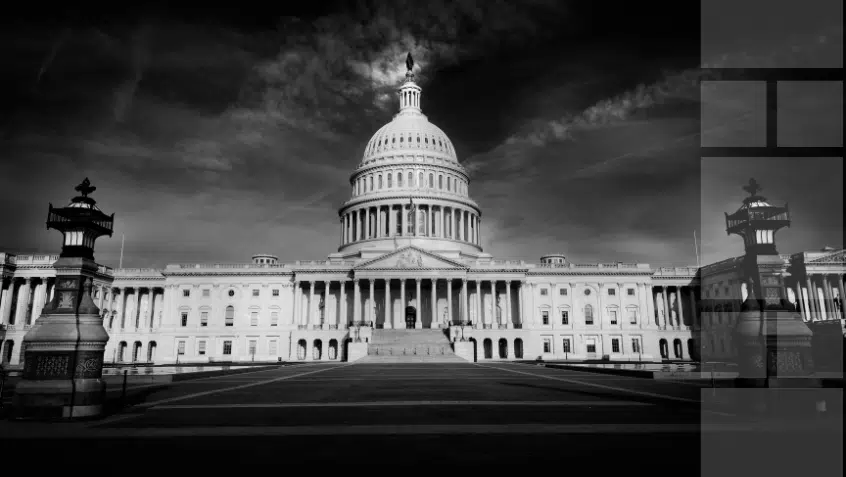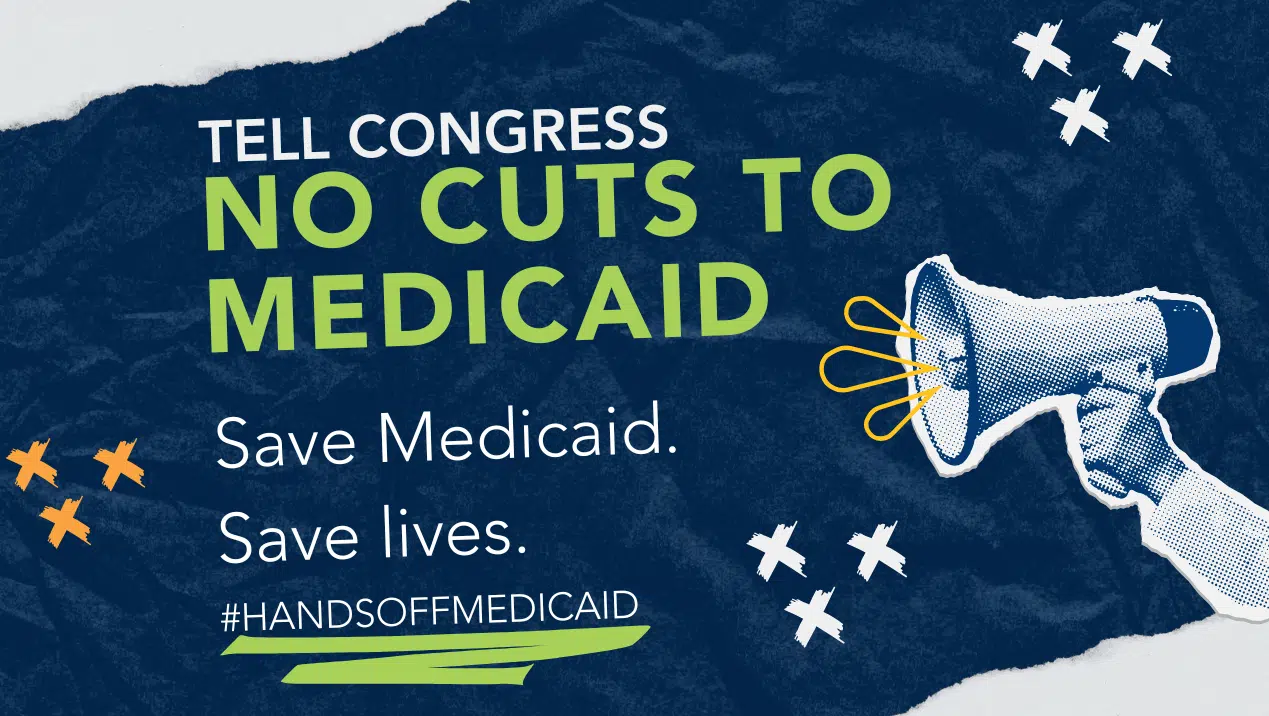House Republicans Pass Bill Threatening Health Coverage for Millions
The U.S. House of Representatives has passed a comprehensive reconciliation bill that, if enacted, would significantly impact healthcare coverage for millions of Americans. The bill, which is now headed to the Senate, aims to extend and expand upon the 2017 tax cuts, increase spending on administration priorities such as immigration enforcement, and raise the statutory debt limit by $4 trillion. However, these measures are largely funded by cuts to vital healthcare programs, including Medicaid, Medicare, the Affordable Care Act, and the Supplemental Nutrition Assistance Program (SNAP).
Devastating Consequences for Healthcare Coverage
According to a Congressional Budget Office (CBO) analysis of an earlier version of the bill, nearly nine million people with Medicaid and Affordable Care Act plans could lose their health coverage. Moreover, the bill fails to extend premium tax credits that help over 22 million people purchase marketplace plans, which are set to expire this year. The CBO projects that these proposals would result in 13.7 million people becoming uninsured. It’s worth noting that the final House bill includes last-minute revisions that are likely to exacerbate coverage losses, although the CBO has not yet reviewed the updated version.

Access to Care at Risk
The bill not only threatens health coverage but also jeopardizes care for those who manage to maintain their coverage. It would strip low-income Medicare beneficiaries of critical financial assistance, making it harder for them to afford care and prescription drugs. Additionally, it would impose new out-of-pocket cost requirements on some Medicaid enrollees and drive up premiums and cost-sharing for marketplace plan holders. Specific populations, including immigrants, transgender individuals, women, and those requiring reproductive health services, would face reduced affordability and access to care. Older adults and people with disabilities would also be at risk due to the removal of life-saving nursing home staffing requirements.
Tax Cuts Favor High-Income Earners
Proponents of the bill argue that the tax cuts it contains will benefit Americans broadly and offset losses in health coverage and food assistance. However, independent experts disagree. A recent CBO analysis concluded that the bill would leave low-income Americans worse off, as the tax changes would not compensate for the cuts to healthcare and SNAP. In contrast, high-income earners would see significant tax reductions.
Strong Opposition from Medicare Rights Center
The Medicare Rights Center strongly opposes this bill, arguing that it undermines healthcare, economic security, and well-being for low-income Americans to finance tax policies that disproportionately benefit those who need it least. As the bill moves to the Senate, the Center urges every Senator to abandon this flawed legislation. The health, access to care, and financial future of millions of Americans hang in the balance.
Take Action
Senators need to hear from the public about the dangers of this bill. Contact your lawmakers today to express your concerns. You can also support organizations working to protect and strengthen Medicare, ensuring that people with Medicare can live with dignity, respect, and peace of mind.



